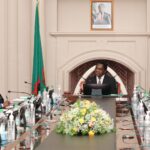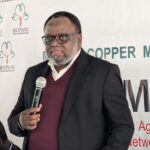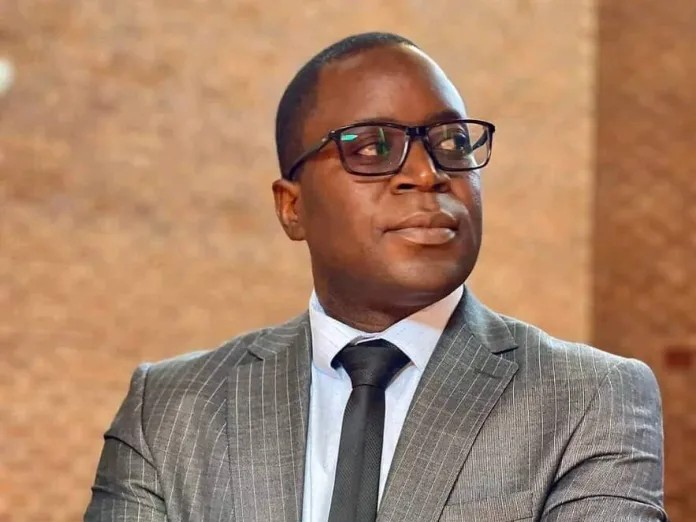Prominent lawyer and former Member of Parliament, Makebi Zulu, has issued a strong critique of the Zambian government’s reported plans to amend the constitution to increase presidential powers over parliamentary appointments. In a pointed statement, Zulu cautioned that bypassing the people in such constitutional reforms risks undermining Zambia’s democratic foundations and setting a dangerous precedent.
Zulu challenged the legitimacy of the proposed changes, noting that the current constitutional limit—capping presidential appointees to eight members of parliament—has never been publicly contested. He questioned the timing and motive behind the proposal, suggesting it is politically driven rather than rooted in any genuine national demand.
“You can’t have the President want to take away the question of appointment of nominees just to allow him to appoint as many as he wants to the National Assembly,” Zulu said. “No one has ever complained about that. Who has decided that this is a necessity in the current dispensation?”
This statement emerges amid growing whispers of constitutional tinkering aimed at weakening key checks on executive authority. Although the ruling party has not formally announced any amendments, legal experts and political insiders have expressed concern over signs pointing to increasing centralization of power and exclusion of civil dialogue.
Zulu stressed that any constitutional amendment must begin with the people to be considered legitimate. “Any amendment, if it has to be legitimate, has to start from the people. The constitution draws its legitimacy from the people,” he asserted. “If the people say no, and the government goes ahead and does it by hook or crook, then there’s no legitimacy that will accrue to that constitution.”
His warnings have been echoed by other legal experts, who point to Zambia’s complex history with constitutional reform. They argue that the most successful and enduring reforms have always come through broad consensus and national dialogue—not unilateral executive decisions.
Recent political developments have heightened public unease about the direction of governance in Zambia. Civic groups and opposition leaders have long voiced fears that the executive branch is extending its reach into independent institutions such as the judiciary, the electoral commission, and parliament. Critics argue that granting the President unchecked powers to appoint MPs would further erode trust in the National Assembly’s ability to hold the executive accountable.
Constitutional law professor Mwansa Mulenga added, “It’s not just about what the President can do, it’s about what future presidents might do with the same power. That’s why we must always be cautious when making fundamental changes to the nation’s legal framework.”
In response to these concerns, civil society organizations are mobilizing to resist any constitutional amendments that exclude public participation. Initiatives including petitions, town hall meetings, and community outreach campaigns are underway to ensure that citizens remain informed and involved in any process affecting Zambia’s foundational legal document.
For Makebi Zulu, the message is unequivocal: constitutional power must always originate from the will of the people, not from the ambitions of any one individual or party. “Constitutional power comes from the will of the people,” he concluded. “Not the will of one man or one party.”






